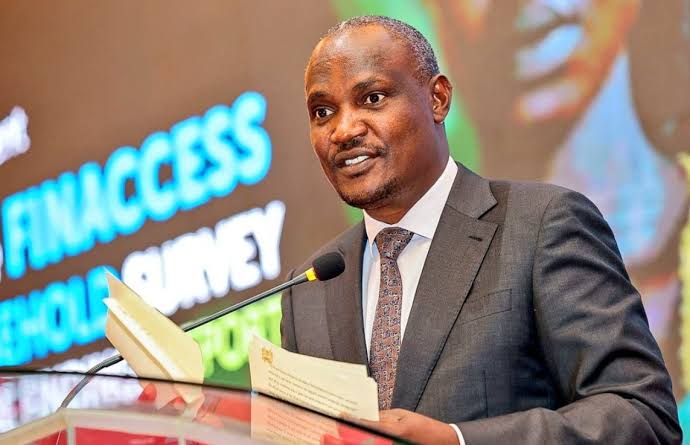A petition that wanted to stop the Treasury Cabinet Secretary from making any agreements with the International Monetary Fund (IMF) without Parliament’s approval has been withdrawn.
This petition was meant to ensure that any financial deals the government makes with the IMF must first be discussed and approved by Parliament. The idea behind this move was to make sure there is accountability and transparency in the way the country handles its financial affairs.
Many people who supported the petition felt that financial decisions, especially those that affect public debt and economic policies, should not be made by a few government officials without proper oversight.
The withdrawal of the petition has left many people questioning what could have happened behind the scenes. Some believe that there might have been political pressure or private negotiations that led to its removal.
Others think that the petition may have faced legal challenges or lacked enough support to proceed. Regardless of the reasons, the issue has brought attention to how financial decisions are made in Kenya and whether they truly serve the interests of the people.
Supporters of parliamentary oversight argue that involving elected leaders in these decisions would ensure that any agreement made with the IMF is fair and beneficial to the country.
They worry that if the Treasury Cabinet Secretary is allowed to make financial commitments without proper scrutiny, the government could end up signing deals that increase Kenya’s debt burden or impose policies that hurt ordinary citizens.

There have been concerns in the past that some IMF conditions, such as raising taxes and cutting government subsidies, negatively affect the cost of living for many Kenyans.
On the other hand, those who support giving the Treasury more independence argue that seeking Parliament’s approval for every financial deal could slow down important economic decisions. They believe that the Treasury needs the flexibility to respond quickly to economic challenges, especially when dealing with international lenders like the IMF.
According to this view, too much bureaucracy could prevent the government from accessing urgent financial assistance when needed.The withdrawal of this petition does not mean that the debate is over.
The issue of government accountability in financial matters remains important, and many Kenyans are still concerned about how international loans and agreements impact their lives. Citizens are encouraged to stay informed and engage in discussions about how the government manages public finances.
Transparency and accountability are key in ensuring that financial decisions made today do not negatively affect future generations.
Even though the Treasury Cabinet Secretary can now continue making agreements with the IMF without parliamentary approval, this incident has sparked a larger discussion on financial governance.
It raises questions about how much power the executive should have in making economic decisions and whether there should be stronger checks and balances to protect public interests.
The government must ensure that financial policies are made in a way that benefits the entire country rather than serving a few individuals or institutions.





















Add Comment